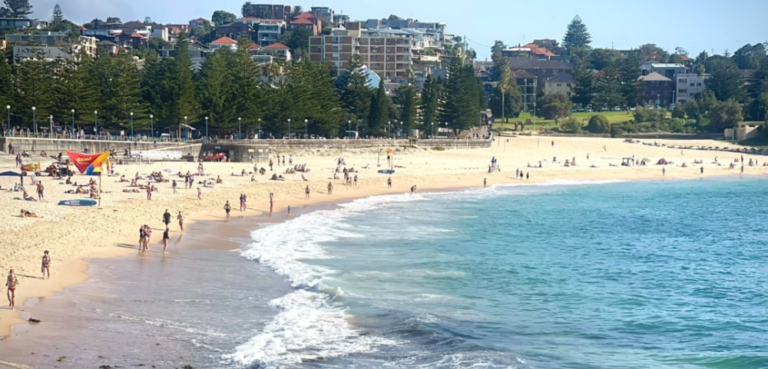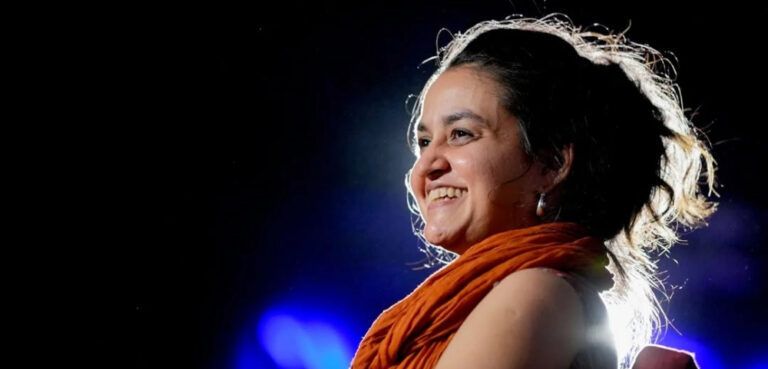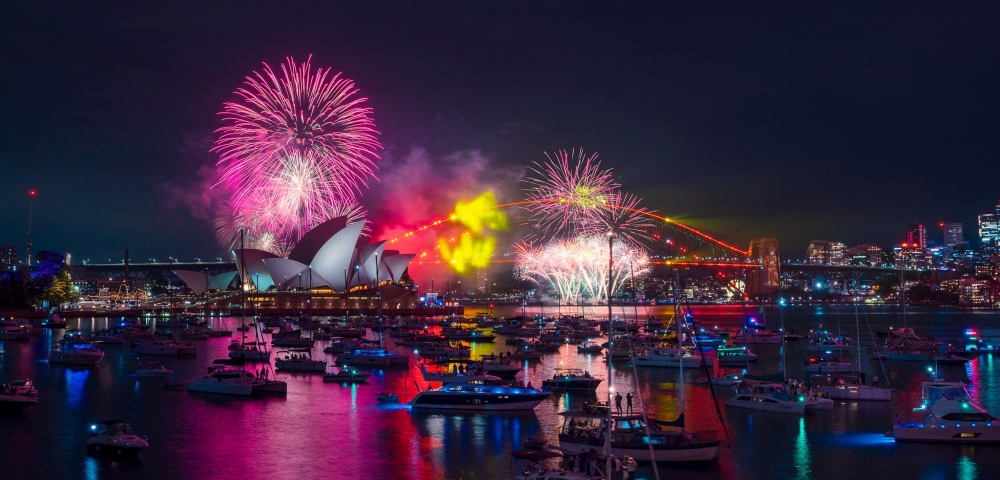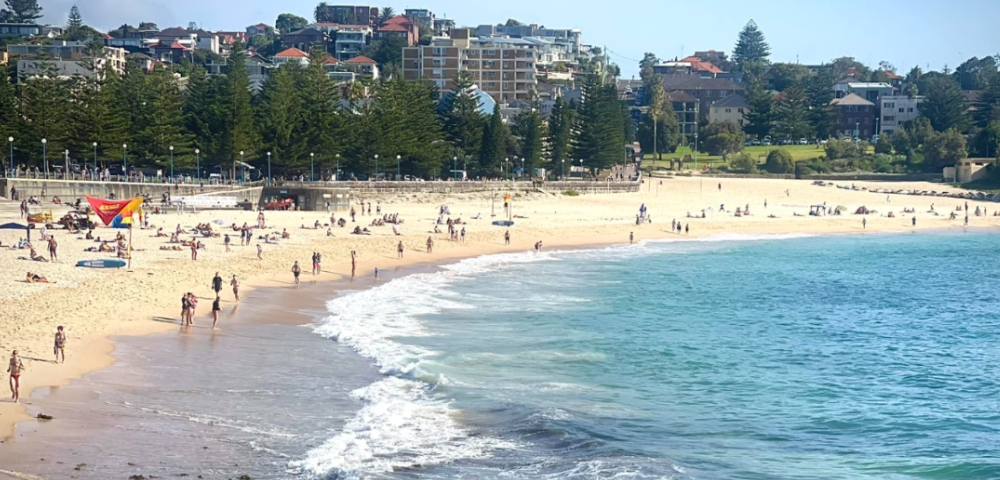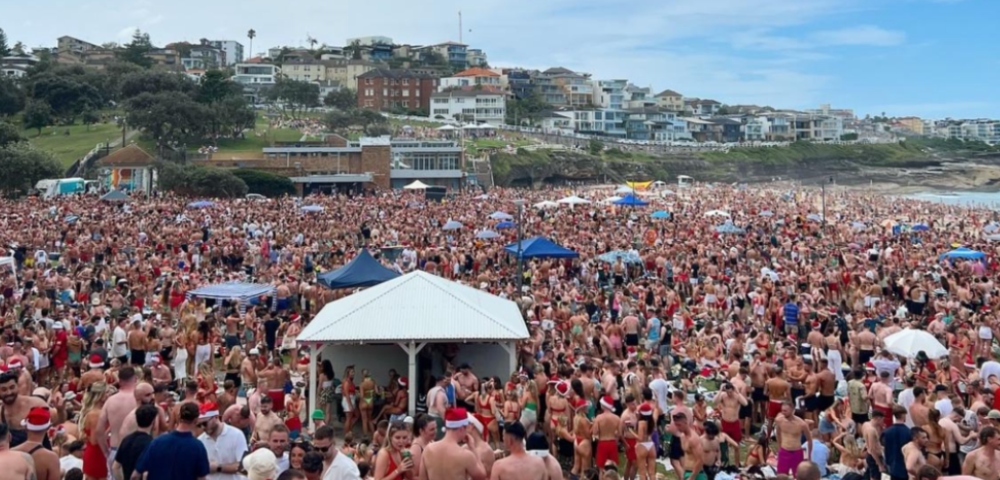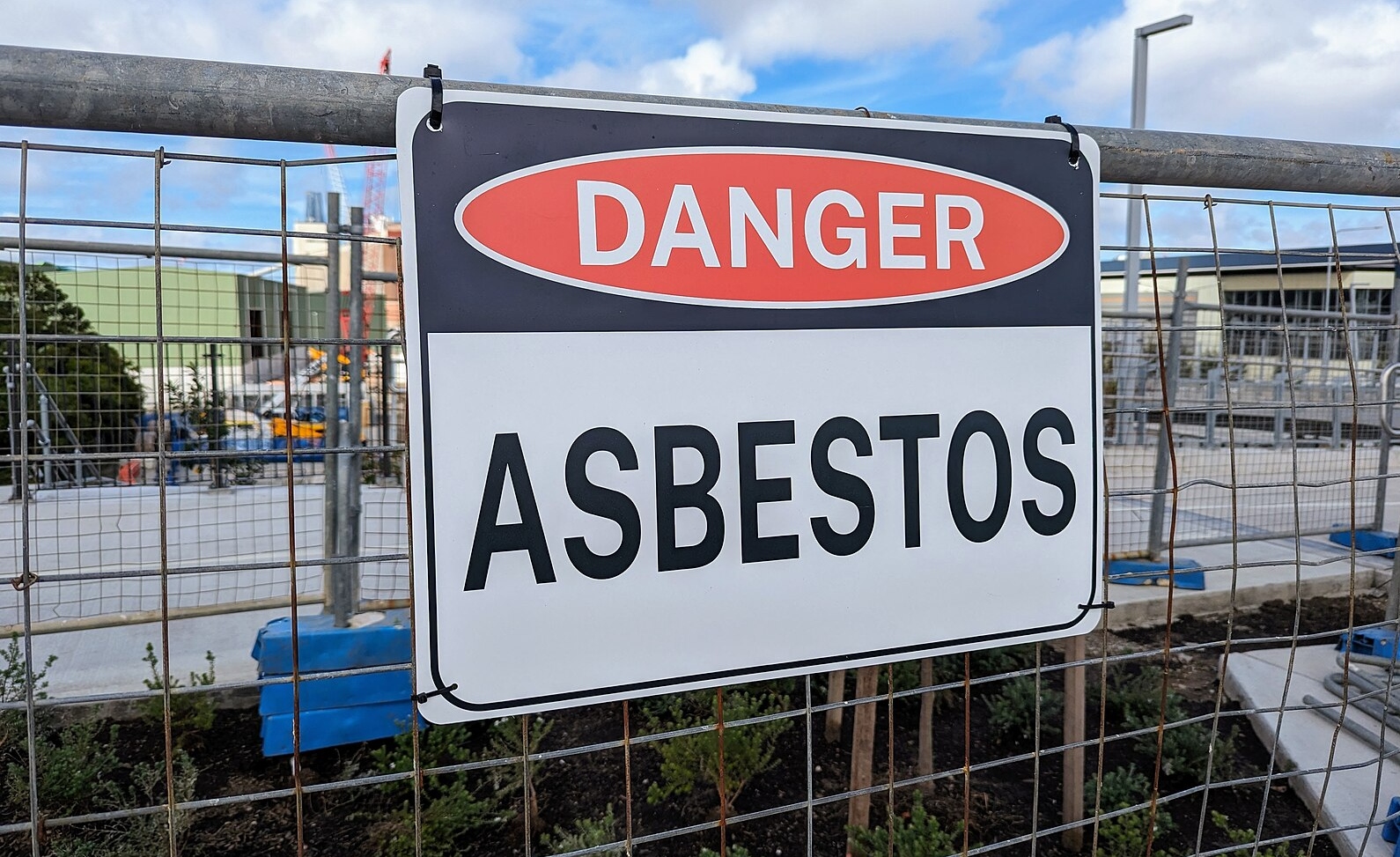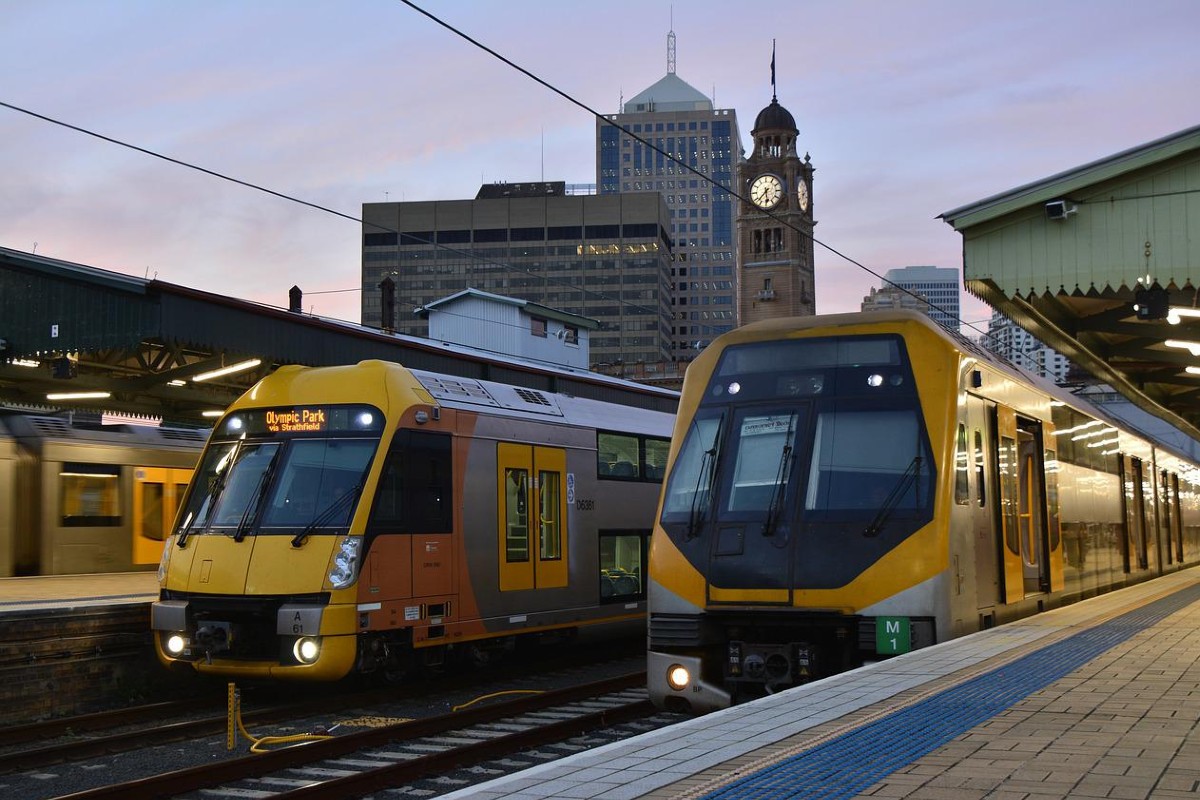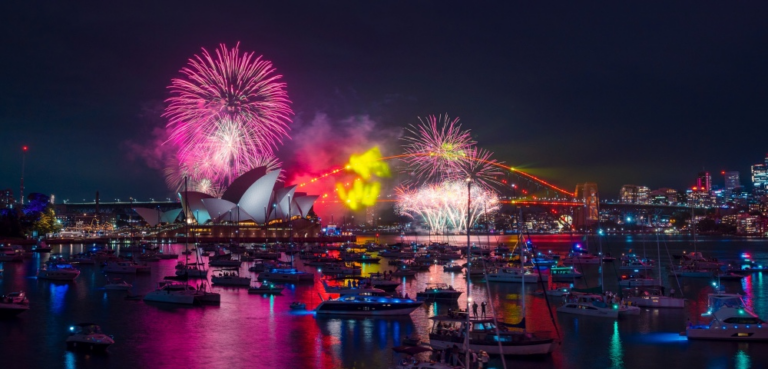
BY ALEX EUGENE
The Australian federal government has thrown more than 20 asylum seekers out of government housing and stopped their assistance payments, despite lining up for a place on the UN Human Rights Council. These are just the first of up to 400 people who will be affected by the new policy.
The Federal Immigration Minister Peter Dutton announced earlier this month that the Final Departure Bridging Visa E would be issued to refugees and asylum seekers who were brought to Australia from Nauru or Manus Island for medical treatment.
The new visa allows the people to work, but cuts off any welfare payments immediately and requires them to move out of government housing within 21 days. The visa will also expire after six months, at which time they will be expected to leave Australia.
“The Australian Government has made the decision that [they] are no longer entitled to government welfare support including accommodation and income support,” a document issued by the Department of Immigration states, though no reasons are given for the change.
But Ali Zamir, a Pakistani refugee, said his health concerns had been neglected for so long up until now, he felt the move was only an excuse to find a way of booting him out of the country altogether.
“I am confused why they moved me now because I am suffering from this pain for the last three and half years,” said Mr Zamir, who has a stomach ulcer.
Luckily, the NSW Alliance for people seeking asylum (NAPSA) have stepped in to provide assistance in the form of coordinated services, including legal assistance, casework, housing, food and living allowances to the people in Sydney.
90 staff and almost 1000 volunteers run the organisation.
Amy Smith, a Caseworker from NAPSA said the poor health of many people made it entirely inappropriate to have withdrawn financial and housing assistance so abruptly.
“Many of the people impacted by this decision have acute mental and physical health concerns which seems to have not been taken into consideration. People should have been given support and time to transition into independent living,” she said.
“They did not have work rights prior to this decision so [assistance with finding suitable employment] was not an option before. Finding work will further be hampered by the six month visa deadline,” Ms Smith added.
The Asylum Seeker Resource centre estimates that the poverty line is an income below $412 per week. On average, an adult on NewStart receives $318 a week, while refugee or asylum seeker payments are around $227 a week.
But even obtaining this amount only comes after a lengthy wait.
“While there are some exemptions, most asylum seekers have a number of requirements to meet before being able to access an ASAS or CAS [Asylum Seeker Assistance Scheme or the Community Assistance Support Program] payment, such as having to have been waiting for a protection visa decision for at least six months. The maximum amount of an ASAS or CAS allowance is always set at 89% of the Centrelink NewStart benefit,” the Resource Centre’s website says.
Shadow Minister for Immigration and Border Protection, Shayne Neumann said the Liberal government had “sunk to a new low”.
“By purposefully making these people destitute and homeless, the Turnbull government can only be exacerbating the health conditions which asylum seekers were originally transferred to Australia to be treated for,” he said in a statement.
The Department of Immigration says on its website that “the Australian Government’s policy is clear—anyone who attempts to enter Australia illegally by boat will never be permitted to settle in Australia. They are not eligible for a Temporary Protection Visa or a Safe Haven Enterprise Visa in Australia.”
But the Refugee Council of Australia said none of the people had arrived “illegally” by boat.
“Asylum seekers do not break any Australian laws simply by arriving on boats or without authorisation. What may be considered an illegal action under normal circumstances (e.g. entering a country without a visa) should not, according to the Refugee Convention, be considered illegal if a person is seeking asylum,” said a spokesperson for the organisation.
“Refugees are, by definition, people fleeing persecution and in most cases are being persecuted by their own governments. It is often too dangerous for refugees to apply for a passport or exit visa or approach an Australian Embassy for a visa, as this could put their lives, and the lives of their families, at risk.”
The Refugee Council dubbed the recent move a “brutal crackdown on vulnerable people.”
Several organisations including NAPSA and the Refugee Council have appealed to the public for donations to assist the people left penniless and homeless by the government.
CEO of the Refugee Council of Australia, Paul Power said they had been “overwhelmed with offers and messages of support from compassionate Australians.”
The Turnbull government has also drawn international criticism over the harsh policy.
Lucy McKernan, Geneva representative for the Global Initiative for Economic, Social and Cultural Rights, said recently that leaving people in poverty was a breach of human rights.
“Subjecting vulnerable people to deliberate destitution is morally and legally indefensible. It is also embarrassing to Australia as it trumpets its credentials as a candidate for the UN Human Rights Council.”
Ms McKernan said it was “deeply harmful” to people when they were subjected to such poor conditions.
“It also deeply harms Australia’s claim to be a principled protector of human rights,” she said.
The cringe worthy comments come as Australia readies itself for a position on the UN’s Human Rights Council in November. Only two other countries, Spain and France, are vying for a place on the council, but speculators are asserting that Australia is assured to win a three-year term.
NAPSA are running a crowd-funding campaign entitled “Compassion over Cruelty” to raise $93,000 to assist the refugees affected by the new visa. So far they have raised around $15,000. To donate, go to chuffed.org/project/compassion-over-cruelty-in-nsw


